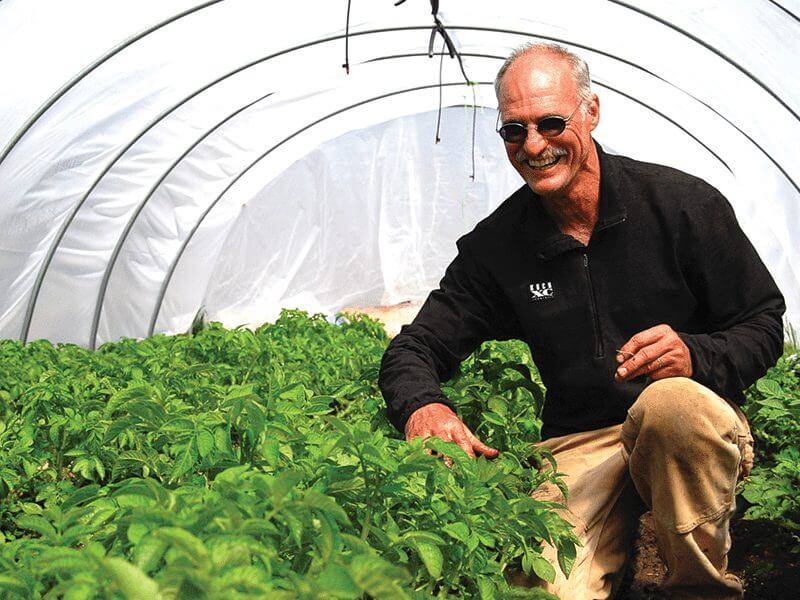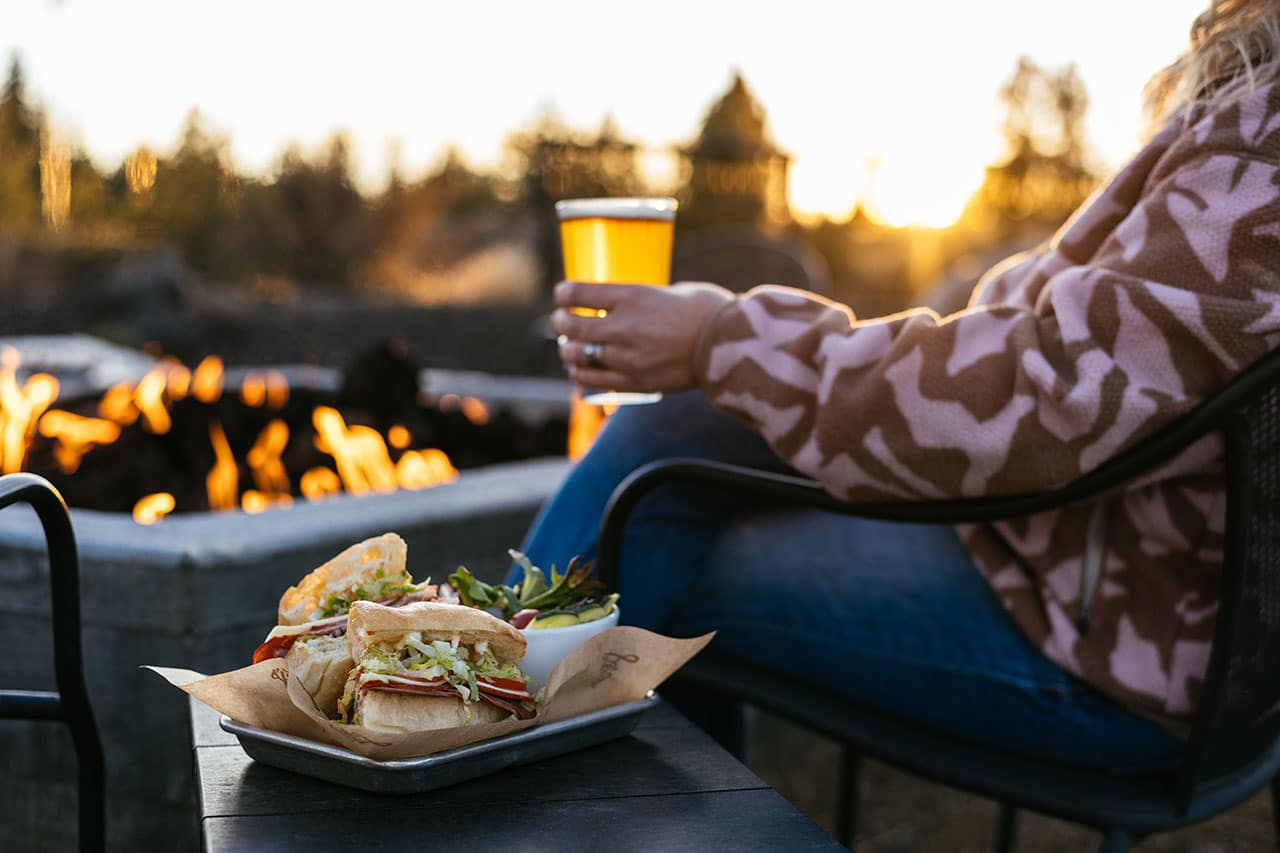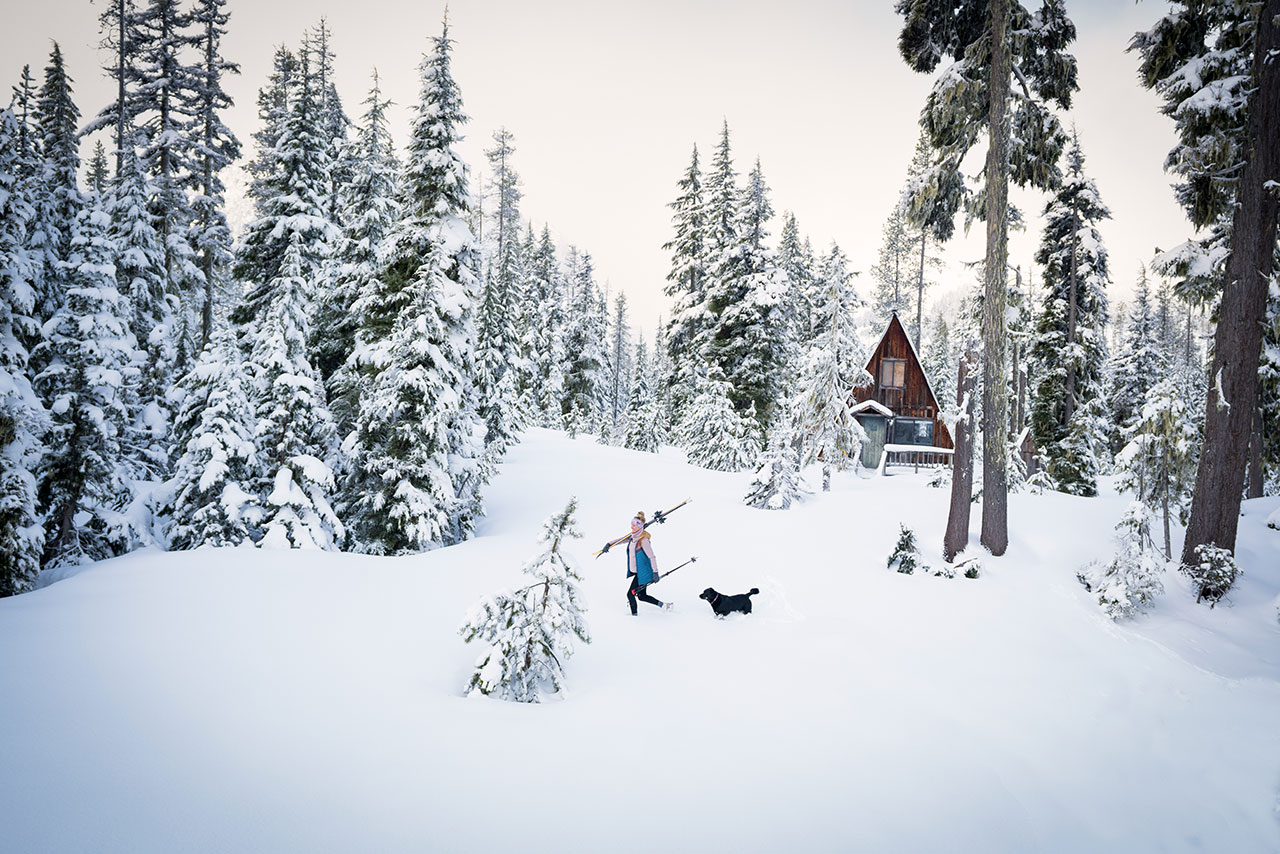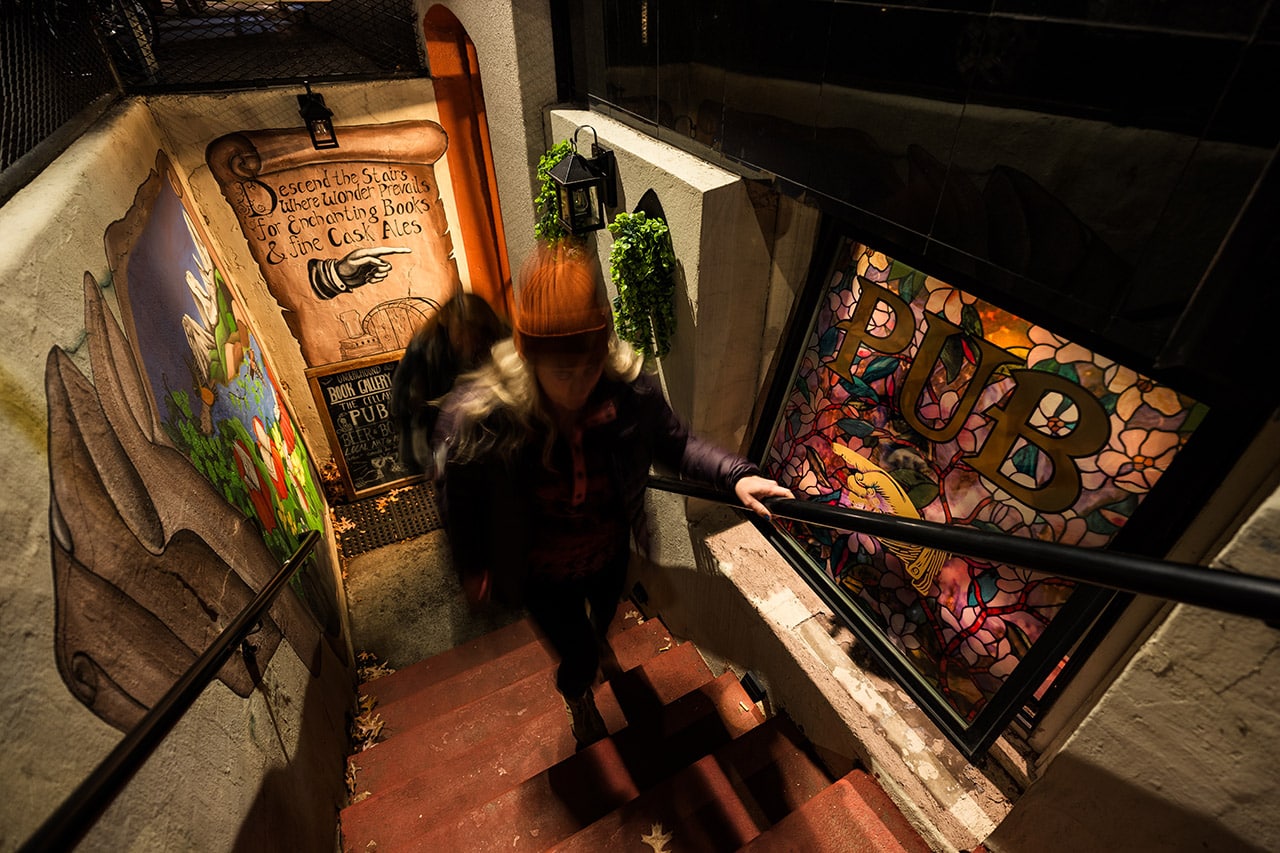Come swing by Schilling’s Garden Market on Saturday, October 18th to celebrate Cooper’s Birthday and meet some adoptable Street Dog Hero dogs! The celebration will include costumes, dog-centric vendors, food, adoptable dogs, and more! Schilling’s is a beautiful venue with gardens, wine, beer, and a farm stand. Come celebrate Cooper’s birthday and get in the Halloween spirit! See you there!
Tag: gardening
Search results
Celebrate World Honey Bee Day at this free, family-friendly event hosted by Central Oregon Beekeepers! Enjoy honey and melon tasting, observation hives, hive box painting, and fun activities for all ages.
Stroll the scenic grounds of Well Rooted Produce, meet local beekeepers, and learn all about honey bees.
You are invited to the High Desert Horticultural Center’s Native Plant Garden Tour! Discover the beauty, resilience, and sustainability of native plants through a curated tour of private and public gardens designed for Central Oregon’s unique high desert landscape.
Locations throughout Bend.
Join us for our 2025 hands-on, in-person course designed to equip new beekeepers with the knowledge and skills needed to successfully navigate their first year using Langstroth hives. Topics: Woodenware Setup & Hive Location Acquiring & Installing Bees Tools, Protective Gear & Safe Practices Colony Inspections & Maintenance Understanding Varroa
The Central Oregon Beekeeping Association invites the community to a day of beekeeping fun and education at their 2024 Honey Bee Field Day and Picnic, in celebration of World Honey Bee Day. This free event offers something for everyone, from seasoned beekeepers to curious newcomers. Attendees can participate in hands-on activities, learn from experienced beekeepers, and enjoy a picnic. To participate in live bee inspections, pre-registration and a signed safety waiver are required. Bring a lawn chair, water, a picnic lunch, and clothes that can get paint on them for the artistic activities.
Join Pollinator Pathway Bend (PPB) in building a garden of native nighttime pollinator friendly plants! This effort is part of the Got Stars project funded by Visit Central Oregon.
As part of this grant, PPB is also distributing amber light bulbs, which will be available at the October 12 planting event.
PPB is one of the nine partners on the Got Stars grant from Visit Central Oregon. The grant is led by the Deschutes Soil and Water Conservation District.
Volunteers are needed for the Pollinator Pathway Bend info table at the Community Celebrations at Alpenglow Park! Share info on native pollinators and plants and help hand out amber light bulbs as part of the Get Stars Central Oregon grant. If you can help, contact Cliff Mitchell at cliffmitchell1@yahoo.com.
Join Pollinator Pathway Bend for a weeding party at Laurel Pocket Park, which is maintained entirely by volunteers. Bring a bucket/bag for collecting weeds, tools, gloves, hat, sunscreen and water. Parking on NE Penn near NE 7th.
Join Pollinator Pathway Bend for a weekly weeding party at Franklin’s Corner community garden, an entirely organic community garden that is maintained by volunteers. Bring weeding tools, shovel, bucket, gloves, hat, sunscreen and water. Parking on NE Larch. Drive east on NE Franklin to NE 10th Street, turn right and proceed one block to NE Larch, turn right.
Oregon’s glaciers are the natural water reservoirs of the high Cascade water towers. Glacier meltwater sustains rivers during the late summer and fall for flora, fauna and irrigation. The glacier melt chills streams for salmon and trout, with the attendant effect of cooling surrounding forests that reduces fire risk and intensity. In short, glaciers are an integral part of Central Oregon ecosystems and economies.
And yet, we do not know how many glaciers remain today in the basin, let alone how many existed a century ago. In this talk, Dr. Anders Carlson will present on the Oregon Glacier Institute’s findings from the first census of glaciers in Oregon since the 1950s. We will examine how these glacier changes are related to regional climate change, concluding the discussion on what the future holds for the remaining glaciers in the Deschutes Basin.
Join us for another FABULOUS workshop at J-Dub Restaurant in downtown Bend! We will be planting up succulents with Shannon Lester, landscape designer from Blooming Desert Design + Build AND making the best smelling candles with the help from the lovely girls at Twisted Wix Candle Co.. Each attendee will leave with TWO candles and TWO succulent planters in a cute carrying case that can be decorated for a more festive look. Give them away as Mother’s Day gifts or keep them for yourself! Celebrate Spring with us! Pre-registration required and limited spots available. $59/pp

Two miles southeast of Pilot Butte, boxed in by housing developments, Fields Farm begins where the sidewalks end. In the midst of urban growth, the crops, hoop houses and little brown house draw a stark contrast.
For nearly thirty years, the ten-acre Fields Farm plot has yielded organic crops for a community that has grown up around it. It is one of the only working farms within the Bend city limits.
“We’re kind of like a frog in a pan of water on the stove—the town kind of blew up,” said Jim Fields of Bend’s expansion over the years. “We moved [here] thinking ‘maybe in-town is not for us,’ then all the acres around us sold to developers and the city moved out.”
When Jim and his wife Debbie bought the farm in 1987, Bend had a population of around 17,000. The couple, both working other jobs at the time, came up with the idea to buy acreage after gardening and composting in the backyard of their westside cottage. Two years later, they started a community-supported agriculture program with eight people. Today, their CSA provides vegetables and greens for more than sixty members, along with local farmers’ markets and half a dozen restaurants around town.
When asked how many kinds of crops they grow on the farm, Fields said he’s stopped counting. He described the CSA system like a magazine subscription, surprising members who sign up with different “articles,” ranging from asparagus to zucchini. Over time, the farm has remained organic and pesticide-free but Fields said some things have changed over the years, including an extended growing season with the building of greenhouses and improved soil that allows them to cultivate more plants in less space.
“The most effective way we’ve found to compost is using the waste hops from the breweries like Deschutes,” said Fields. “We used to do a mix with manure, but this works better and occasionally they’ll share a beer with you.”
Jim Fields said he grows more than just plants, as food cultivates community. Despite a small staff of three (Jim, Debbie and their friend Brian), the farmers still make time to host school trips for kids, and they keep their roadside farm stand stocked with veggies for anyone to stop and buy. According to Jim, it’s the giving back that keeps the neighbors from complaining about living next to a working farm and what motivates him to keep working with nature.
“The land doesn’t have to be farmed,” he said. “It could be growing houses, but we’ll stay around as long as we can.” –Mary Hinds



